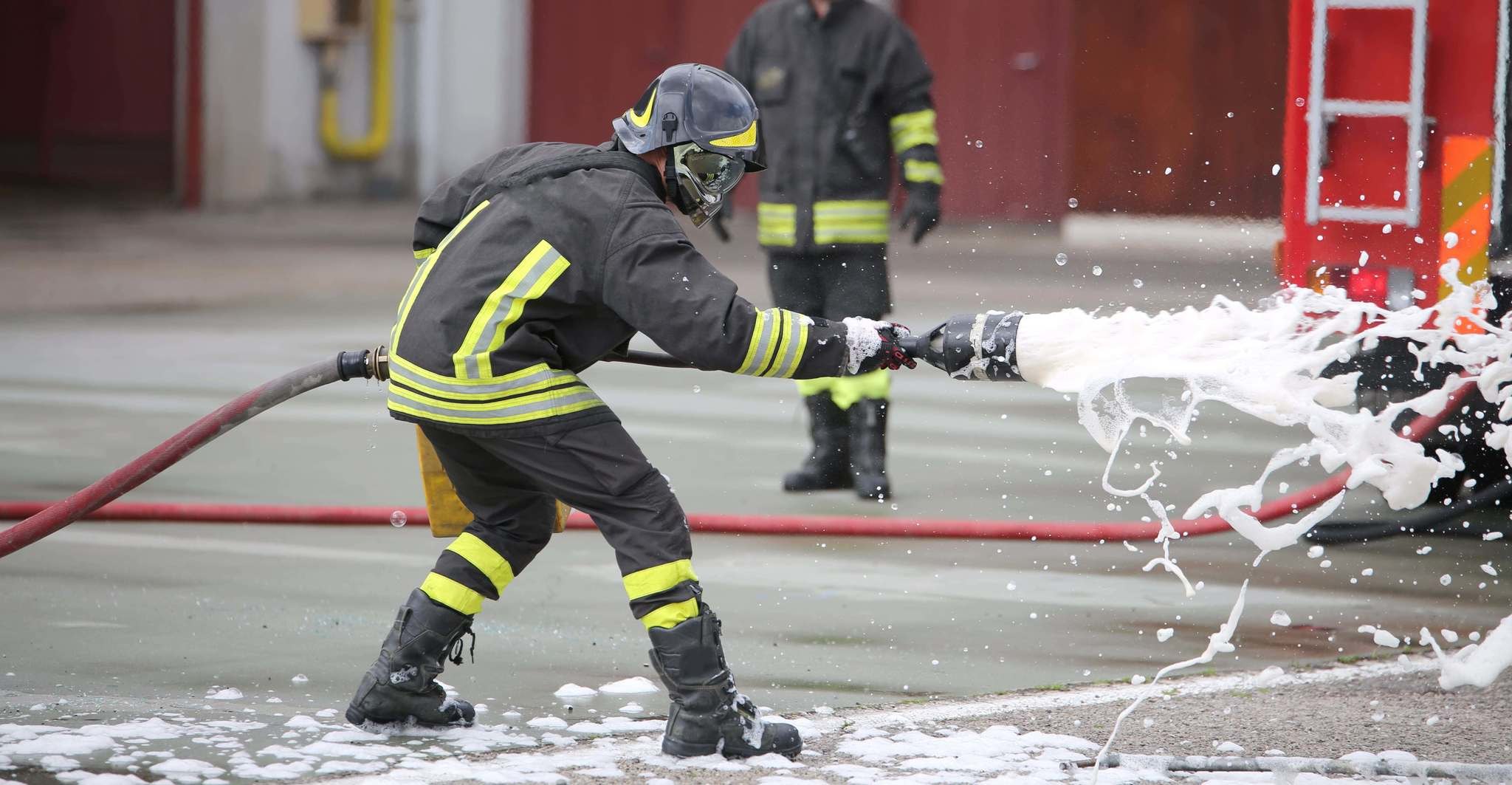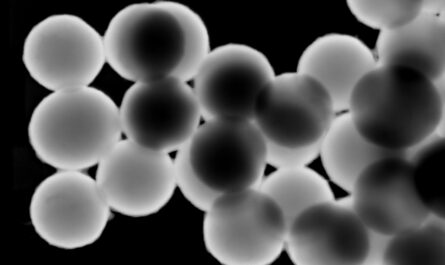Material Properties of PVC
PVC, which stands for polyvinyl chloride, is a thermoplastic polymer that can be easily molded into various shapes and sizes. As a material, it is lightweight, durable and cost effective. PVC does not rust, rot or corrode which makes it highly suitable for use in plumbing and drainage systems that need to withstand water. It has excellent resistance to chemicals, solvents, acids and alkalis. Moreover, being non-metallic, PVC pipes do not react with groundwater and soil which prevents leaching of contaminants into the water supply.
Easy Installation and Maintenance
One of the major advantages of using PVC pipes is their ease of installation. PVC pipes are highly flexible which allows installation even in narrow trenches or constrained spaces. They can be cut, joined and fitted easily using simple glueing or heating techniques. Once installed, PVC pipes require very little maintenance. They will not corrode or degrade over time unlike metallic pipes. Minor issues can be fixed by replacing small sections of pipe rather than the entire piping system. Repairs and modifications are simple to carry out without requiring special skills.
Long Lifespan and Durability
When properly installed, PVC Pipes are designed to last for 50 years or more. Their non-corrosive nature ensures continued performance underground or overground without weakening, cracking or splitting even after decades of use. PVC withstands ground settlement movement and soil pressures very well in comparison to other piping materials. They are resistant to damage from impacts or abrasion during or after installation. With a long service life, PVC pipes prove highly economical in the long run by avoiding frequent replacement costs.
Hygienic and Safe for Potable Water
PVC is approved by regulatory bodies worldwide for potable water supply systems. It does not leach or impart any harmful chemicals into drinking water. PVC has inherent resistance to microbial growth so it does not harbor or spread bacteria and other contaminants within the pipes. This hygienic quality is important to ensure clean drinking water reaches the consumer. It is safer than pipes made from other materials like lead, copper or steel which can leach toxic heavy metals into water.
Variety of Sizes and Jointing Systems
PVC pipes are available in an extensive range of sizes from small diameter pipes of 1⁄2 inch to large pipes measuring over 36 inches. This allows suitable sizes to be selected for varied plumbing, sewerage, drainage and irrigation applications. PVC pipes can be joined using a variety of jointing options like solvent welding, adhesive glue, rubber ring jointing or mechanical fittings. This permits customized installation depending on site conditions and application requirements. A wide choice in jointing types offers flexibility for DIY installations too.
Cost Effectiveness
Due to its affordability, versatility and long life, PVC emerges as a very cost-effective piping solution. The material cost per unit length of PVC pipe is lower than many other alternatives. Installation is quicker and jointing accessories are also cheaper in comparison. Low maintenance needs eliminate long term operating costs. It provides complete life cycle cost benefits by serving long with minimum repairs or replacements. Overall, PVC piping delivers excellent value for money for domestic, commercial and industrial projects.
Applications of PVC Pipes
Given the superior attributes, PVC has become a preferred choice for an extensive range of plumbing, drainage and industrial pipe applications:
– Water supply networks – Used for potable water distribution within buildings, housing complexes, industrial plants etc.
– Drain-waste-vent systems – Ideal for above and below ground soil, waste and ventilation applications in residential, commercial and highway projects.
– Sewerage pipelines – Reliable for gravity-fed sewage collection from premises and treatment plants.
– Irrigation systems – Suitable for drip, sprinkler and micro-irrigation of farms and landscaped areas.
– Electrical conduits – Lightweight PVC Pipes conduits protect wiring with moisture resistance and crush strength.
– HVAC ducts – Used for transporting air in heating, ventilation and cooling applications for energy efficiency.
– Industrial process pipes – Durable for carrying chemicals, oils, slurries and compressed air in process plants.
– Marine use – UV stabilized PVC permits use in harbor, shore and offshore applications.
The versatility, ease of handling and long-term performance make PVC pipes the top choice for modern underground piping systems. With increased urbanization and infrastructure growth, the demand for PVC pipes in construction is expected to see strong growth globally.
*Note:
1. Source: Coherent Market Insights, Public sources, Desk research
2. We have leveraged AI tools to mine information and compile it



